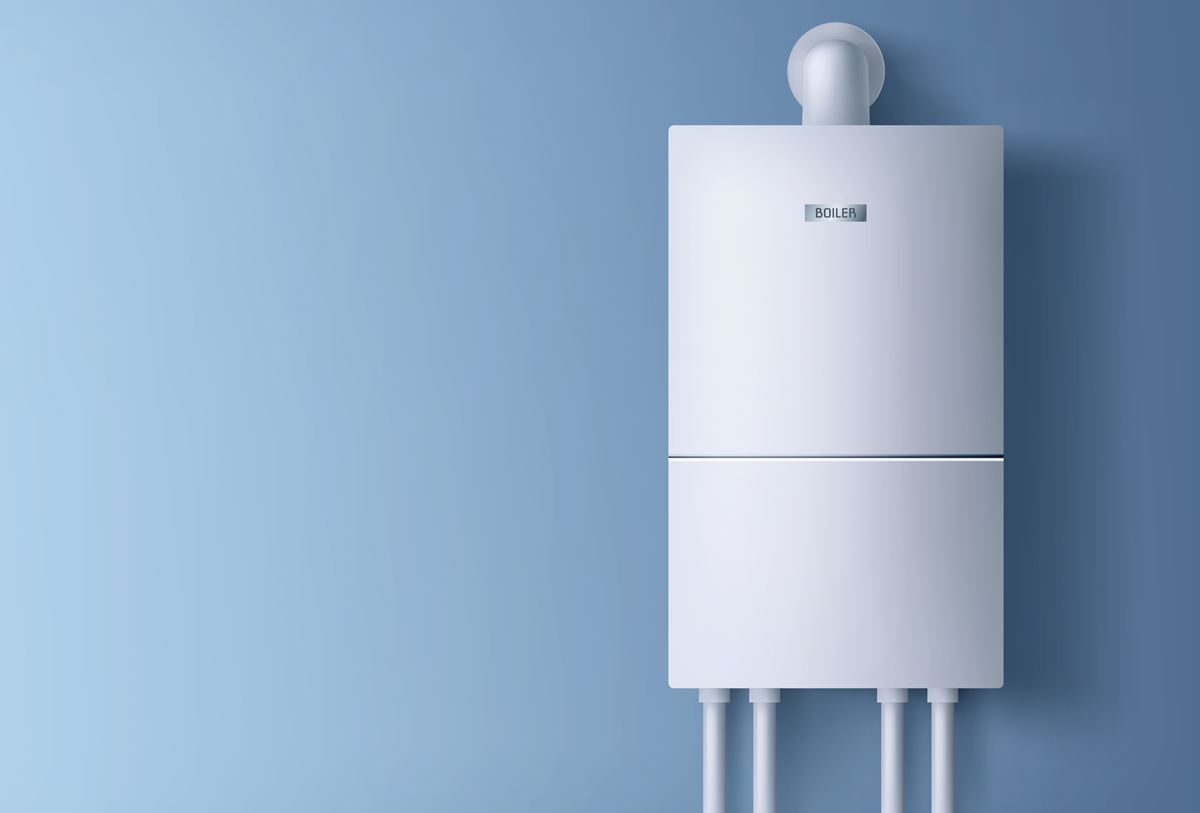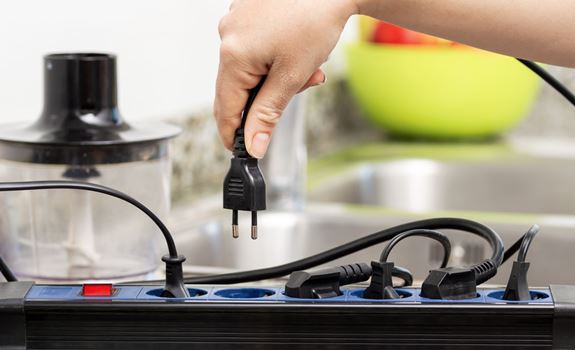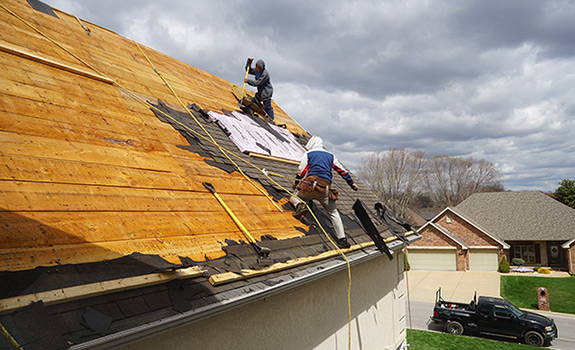The bustling mornings at home are often characterized by the distant hum of a hot water system, brewing in the shadows a silent yet powerful energy source. For large families, it forms a crucial part of their daily routines. Choosing the right system is not merely about seeking convenience; it becomes a commitment to future savings and sustainable living. This article maintains the focus on energy-efficient hot water systems, navigating and illuminating distinct aspects of these appliances, such as their technology, efficiency, and cost-effectiveness.

Understanding the Importance of Energy Efficiency in Hot Water Systems
Before making a choice, it is essential to understand – what defines energy efficiency? It characterizes the ratio of useful output to total energy input in a system. However, why does it matter? For large families, an energy-efficient hot water system can save significant costs over time. Furthermore, by reducing energy consumption, these systems leave a softer footprint on the environment. Their optimization aligns with the larger objectives of emissions reduction, echoing the ethos of environmentally conscious living. For families, energy-efficient systems accommodate the high demand of multiple members, offering welcome relief to monthly utility bills.
Exploring Types of Energy-Efficient Hot Water Systems
The hot water industry has evolved, offering various system types, each with its set of pros and cons. Traditional hot water heaters familiar to most, store heated water in large tanks for downstream use. While they provide a steady supply of hot water, their energy consumption scales linearly with their capacity, perhaps raising red flags for larger families.
On the contrary, tankless, or on-demand water heaters heat water directly without any storage. These devices only heat water when needed, significantly improving their energy efficiency. Although costlier than traditional systems, their long-term savings can be a valuable proposition for large households.
Last but not least, solar water heating systems absorb radiant energy from the sun to heat water, offering a renewable and highly energy-efficient solution. While initial setup costs are high, the potential for energy savings and integration of renewable energy are attractive propositions.
Factor-Based Comparison: Efficiency, Cost and Functionality
Efficiency, cost, and functionality comprise the trident that informs the decision-making process for a hot water system. Solar heaters exhibit high efficiencies due to their renewable nature, with tankless units offering a competitive edge in larger households due to their demand-driven heating.
Comparative costs come into play when considering capital and operating expenses. Though tankless and solar systems bear higher upfront costs, they tend to outperform traditional units in the long run when it comes to operational savings.
Functionality also becomes an essential factor for larger families. It encompasses sizing, durability, and servicing requirements. Here too, solar, and tankless systems shine, capitalizing on their minimal space footprint, robust performance and lesser need for frequent servicing.
Keys to Maximizing Efficiency in Hot Water Systems
To harness the perfect harmony of comfortable showers and lower utility bills, adopt essential maintenance routines. Regular checks, year-end servicing, and timely parts replacement can ensure optimal operation and longevity.
Always seek professional installation to ensure the system’s maximum efficiency. Do-it-yourself may appeal to some, but when managing something as complex as a hot water system, an expert’s touch can lead to better results. Similarly, altering usage habits and maintaining proper settings can also contribute to enhanced efficiency.
Moreover, government incentives and rebates for energy-efficient appliances can lighten the financial load of transitioning to these systems.
Case Studies: Real Experiences with Energy-Efficient Hot Water Systems
In helping to illustrate these systems’ effectiveness, consider a few families that made the switch. These families, previously relying on traditional systems, found themselves grappling with sky-high utility bills. Transitioning to energy-efficient water heaters, they experienced significant cost savings, better environmental alignment, and a tailored solution to accommodate their unique needs. Their experiences underline the transformative power of energy-efficient hot water systems.
Final Thoughts
Despite the comparative metrics and case examples, the choice ultimately depends on the holistic assessment of the family needs. An energy-efficient hot water system can offer promising benefits, striking a thoughtful balance between cost, efficiency, and functionality. From an environmental standpoint, sustainability becomes a happy byproduct of these systems’ operation. We implore families, especially larger ones, to seriously consider making the transition to energy-efficient systems, paving the way for not only cost savings but an alignment with environmental conservation.
Published in: Home advice | Author: Lynn










